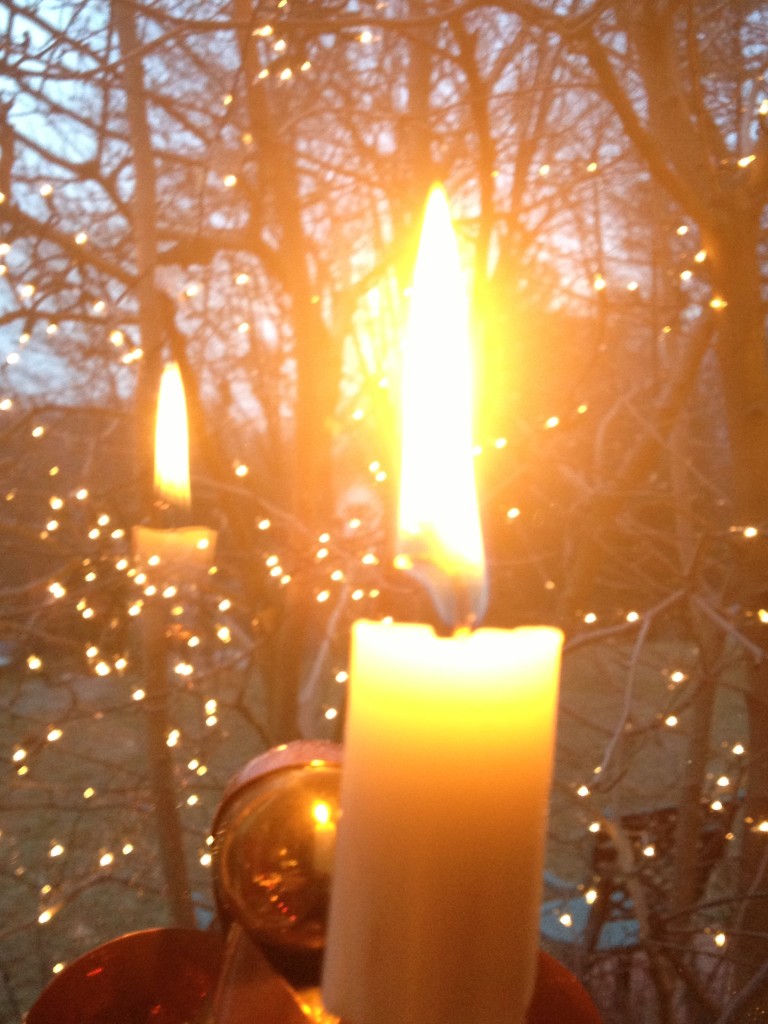 “What Is Moral, and How Do We Know It?”, asked political scientist James Q. Wilson (1931-2012) in an article he penned for Commentary Magazine in 1993. Excerpts from that article were recently highlighted in the Wall Street Journal‘s “Notable & Quotable” section and we thought them too powerful not to share.
“What Is Moral, and How Do We Know It?”, asked political scientist James Q. Wilson (1931-2012) in an article he penned for Commentary Magazine in 1993. Excerpts from that article were recently highlighted in the Wall Street Journal‘s “Notable & Quotable” section and we thought them too powerful not to share.
Take a moment to ponder the below:
“Almost every important tendency in modern thought has questioned the possibility of making moral judgments. Analytical philosophy asserts that moral statements are expressions of emotion lacking any rational or scientific basis. Marxism derides morality and religion as ‘phantoms formed in the human brain,’ ‘ideological reflexes’ that are, at best, mere sublimates of material circumstances. Nietzsche writes dismissively that morality is but the herd instinct of the individual. Existentialists argue that man must choose his values without having any sure compass by which to guide those choices. Cultural anthropology as practiced by many of its most renowned scholars claims that amid the exotic diversity of human life there can be found no universal laws of right conduct…
“I wish to argue for an older view of human nature, one that assumes that people are naturally endowed with certain moral sentiments. We have a peculiar, fragile, but persistent disposition to make moral judgments, and we generally regard people who lack this disposition to be less than human. Despite our wars, crimes, envies, snobberies, fanaticisms, and persecution, there is to be found a desire not only for praise but for praise-worthiness, for fair dealings as well as for good deals, for honor as well as for advantage. These desires become evident when we think disinterestedly about ourselves or others…

“Mankind’s moral sense is not a strong beacon light, radiating outward to illuminate in sharp outline all that it touches. It is, rather, a small candle flame, casting vague and multiple shadows, flickering and sputtering in the strong winds of power and passion, greed and ideology. But brought close to the heart and cupped in one’s hands, it dispels the darkness and warms the soul.”

 “What Is Moral, and How Do We Know It?”, asked political scientist James Q. Wilson (1931-2012) in an article he penned for Commentary Magazine in 1993. Excerpts from that article were recently highlighted in the Wall Street Journal‘s “Notable & Quotable” section and we thought them too powerful not to share.
“What Is Moral, and How Do We Know It?”, asked political scientist James Q. Wilson (1931-2012) in an article he penned for Commentary Magazine in 1993. Excerpts from that article were recently highlighted in the Wall Street Journal‘s “Notable & Quotable” section and we thought them too powerful not to share.
